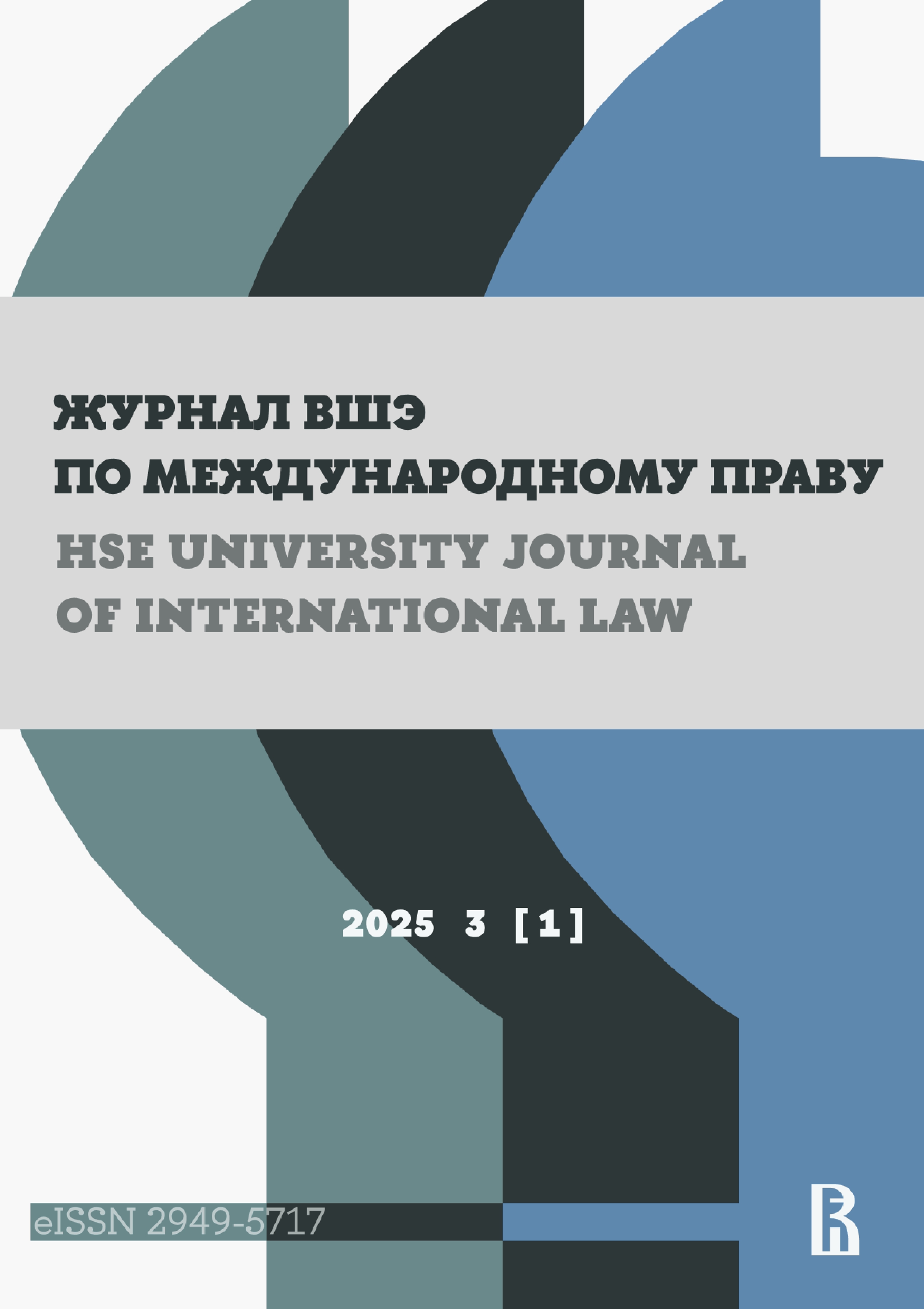Комментарий к решению Европейского суда общей юрисдикции № T-797/22 от 2 октября 2024 года об оспаривании санкционных мер, запрещающих оказание юридических консультационных услуг Правительству России и зарегистрированным в России организациям
Ordre néerlandais des avocats du barreau de Bruxelles and Others v Council of the European Union
Аннотация
В комментарии проанализированы ключевые аспекты и практические последствия решения Суда общей юрисдикции ЕС по делу № T-797/22. Данное дело касается законности ограничительных (санкционных) мер Европейского союза (далее — ЕС), запрещающих предоставление юридических консультационных услуг Правительству России и российским организациям. Несмотря на широкий охват этих мер, исключения из них позволяют оказывать юридические услуги, необходимые для осуществления права на защиту в судебных и административных разбирательствах. Данные меры запрещают оказание консультаций, которые не сопряжены с юридическими спорами (например, помощь в заключении коммерческого контракта). Суд рассмотрел противоречия между приоритетами внешней политики (далее — CFSP) и защитой прав человека в соответствии с Хартией основных прав ЕС (далее — CFR). Суд предпринял попытку согласовать данные интересы, разъяснив содержание ограничительных мер. В частности, были выделены критерии разграничения консультаций, связанных и не связанных с судебными или административными разбирательствами. Заявители утверждали, среди прочего, что ограничения нарушают право на получение юридической помощи, независимость юристов и верховенство права. Однако Суд не счел данную позицию убедительной, отметив, что право ЕС не признает основного права на получение юридических консультаций вне контекста неизбежного или текущего судебного разбирательства. Кроме того, он постановил, что «разрешительные положения» не подрывают профессиональную тайну или независимость юристов, поскольку они не требуют раскрытия конфиденциальной информации национальным надзорным органам. Признавая, что такие ограничения могут налагать определенные ограничения на охраняемые законом права, Суд счел их соответствующими статье 52(1) CFR, которая допускает ограничения при условии их пропорциональности и необходимости для достижения законных целей. Эта позиция во многом основывалась на устоявшейся судебной практике как Суда ЕС, так и Европейского Суда по правам человека. Суд подчеркнул, что именно гарантии справедливого судебного разбирательства являются основным источником независимости юристов. Вынесенное решение может создать трудности для консалтинговых фирм и клиентов, включая риски чрезмерного соблюдения требований (англ.: overcompliance) и проблемы в проведении демаркационной линии между «спорными» и «неспорными» вопросами, особенно в отношении предварительной оценки вероятности судебного разбирательства. Для решения этих проблем Совет ЕС мог бы внести дополнительные поправки в Регламент или разработать руководящие принципы для смягчения непредвиденных негативных последствий для рынка юридических услуг. Хотя апелляция все еще рассматривается в Европейском суде, благоприятный исход для заявителей представляется маловероятным.
Скачивания
Литература
Lonardo, L. (2023). Challenging EU sanctions against Russia: the role of the court, judicial protection, and common foreign and security policy. Cambridge Yearbook of European Legal Studies, 25, 40–63. DOI: https://doi.org/10.1017/cel.2023.11
Szép, V., & Chawla, K. (2023). The EU’s 2022 sanctions against Russia. Hungarian Yearbook of International Law and European Law, 11(1), 196–211. DOI: https://doi.org/10.5553/HYIEL/266627012023011001016
Verdier, P.-H. (2023). Sanctions overcompliance: what, why, and does it matter? North Carolina Journal of International Law, 48(3), 471–498. Available at: https://ssrn.com/abstract=4476520.
Это произведение доступно на условиях CC BY-NC-ND 4.0


